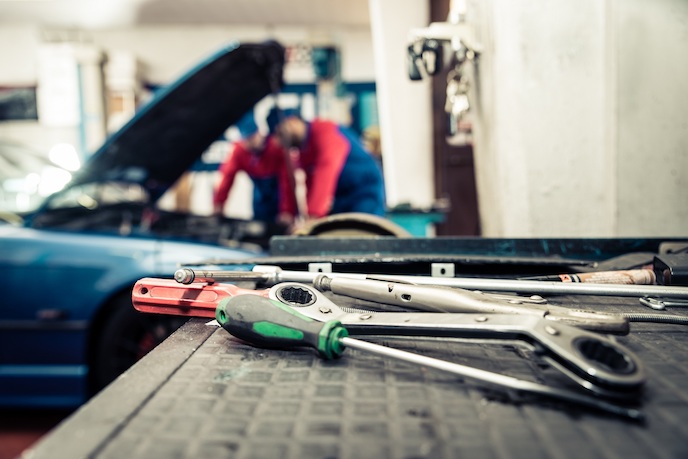
The Motor Trades Association of Australia (MTAA) welcomes the Australian Government’s decision to include many automotive trades in the new Core Skills Occupation List (CSOL), marking a milestone for the industry’s workforce development.
The announcement confirms the inclusion of nine essential automotive trades among the 456 occupations eligible under both the new Skills in Demand visa and the Direct Entry stream of the Employer Nomination Scheme (subclass 186) visa, effective from December 7, 2024.
“This outcome represents a major victory for the automotive sector nationwide,” MTAA chief executive Matt Hobbs says.
“Our comprehensive submission, backed by extensive economic research from Deloitte Access Economics, clearly demonstrated the critical necessity of including these automotive trades in the CSOL.”
This outcome validates MTAA’s evidence-based approach, which included detailed wage analysis and industry data highlighting the sector’s severe skills shortages.
It also highlights the strength of state motor trade associations (MTAs) and the Victorian Automotive Chamber of Commerce network in presenting member issues and well-crafted solutions to the government.
“The sheer number of businesses and diversity of the MTA member network is the strength of the MTAA. We represent the Australian automotive industry, from dealers to recyclers. This result highlights what can be achieved when we work together as one industry,” Hobbs says.
The submission demonstrated that automotive trade wages consistently exceed the Temporary Skilled Migration Income Threshold (TSMIT), underlining the sector’s capacity to support skilled migration pathways.
The approved automotive occupations encompass:
- Diesel Motor Mechanic (321212)
- Automotive Electrician (321111)
- Panel beater (324111)
- Vehicle Painter (324311)
- Motor Mechanic (General) (321211)
- Vehicle Body Builder (324211)
- Vehicle Trimmer (324212)
- Motorcycle Mechanic (321213)
- Small Engine Mechanic (321214)
“This decision addresses a critical workforce challenge facing automotive businesses across Australia,” Hobbs says.
“Including these occupations will provide much-needed access to skilled workers, supporting the sustainability and growth of our industry across Australia,” he says.
The CSOL is a key component of the government’s reformed temporary skilled migration programme. It will operate alongside the new Skills in Demand visa, which replaces the previous Temporary Skill Shortage (subclass 482) visa.
MTAA will closely engage with Jobs and Skills Australia and relevant government departments to ensure these reforms effectively address the industry’s ongoing workforce needs.








